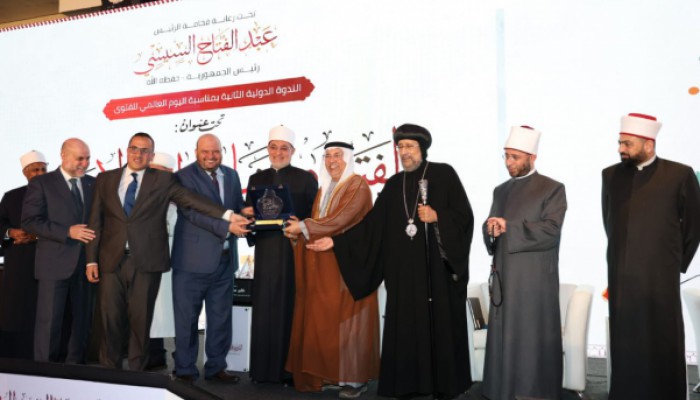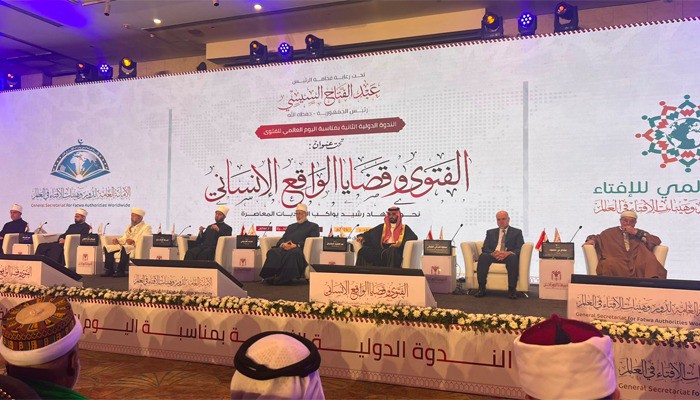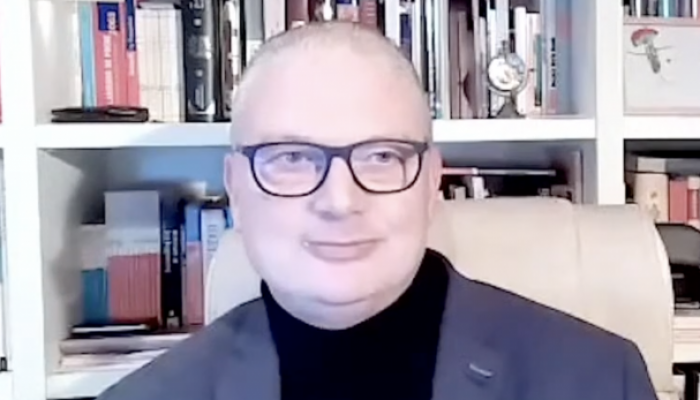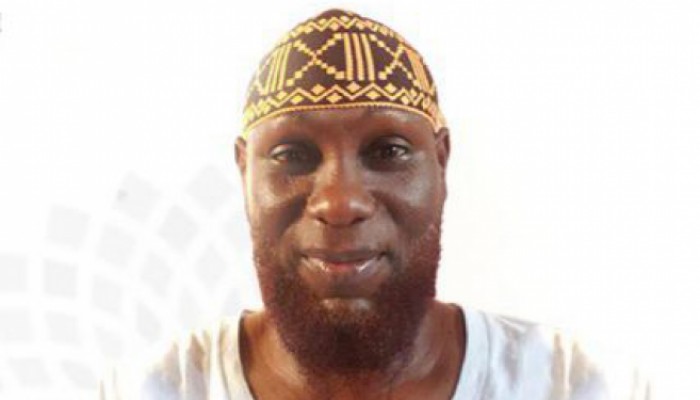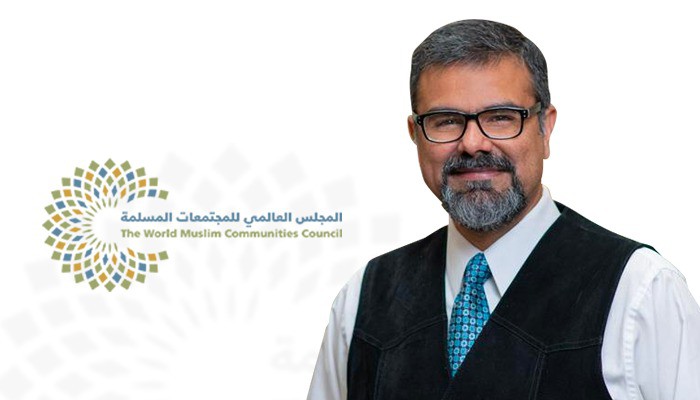
Dr. Mahan Mirza: Emergence of Islam Represents Birth of Thought in Exploring Cosmic Matters
- 2020-Oct-17
Dr. Mahan Mirza, Professor of Islam studies at Keough College of International Affairs, and Executive Director of the Ansari Institute for Global Engagement with Religion, University of Notre Dame, Indiana, USA, affirmed that the emergence of Islam represents the birth of thought in exploring the cosmic matters, and that the Prophet of Islam Muhammad come to separates the two ancient worlds, calling for thinking of the Islamic heritage as a great, vivid and profound dialogue between scholars.
Mirza explained, during a virtual seminar of the World Muslim Communities Council, on Saturday, October 17, 2020, entitled (Islam and Our New Cosmic Story), that the cultures of the world are hybrid and intertwined, and the Islamic civilization is part of human sciences, noting the rich experience of Muslim scholars in civilization, such as "Ibn Sina, Al-Biruni, Al-Ghazali, Ibn Rushd and Ibn Taymiyyah, who were distinguished by their intellectual differences in the interpretation of the universe. He is stressing that the task of each generation is to re-evaluate the heritage.
Mirza pointed out that classical philosophy is prevalent in understanding cosmic questions, jurisprudence, theology, speech, law and ethics, calling for expanding the boundaries of community identity and establishing new concepts that embrace cultural heritage.
He added, "The great Islamic civilization should not think in one direction, recognize the differences, be open-minded, think innovatively, respect differences and tolerance." He is suggesting "reviewing the educational system, controlling education and managing thinking, establishing balance and openness, and providing students with thinking tools." .
It is noteworthy that the World Muslim Communities Council is an international non-governmental organization, headquartered in the UAE capital Abu Dhabi. It is considered a think tank to rationalize organizations and societies working in Muslim societies, renew their thinking and improve their performance in order to achieve one goal; The integration of Muslim societies in their countries, in a way that their members realize the perfection of citizenship and complete affiliation with the Islamic religion.
The council seeks, through holding dozens of virtual conferences, seminars and activities, to localize the concepts of religious, ethnic and cultural pluralism, in a manner that preserves human dignity and respect for his beliefs, and establishes the values of moderation, dialogue, tolerance and belonging to the homelands.




